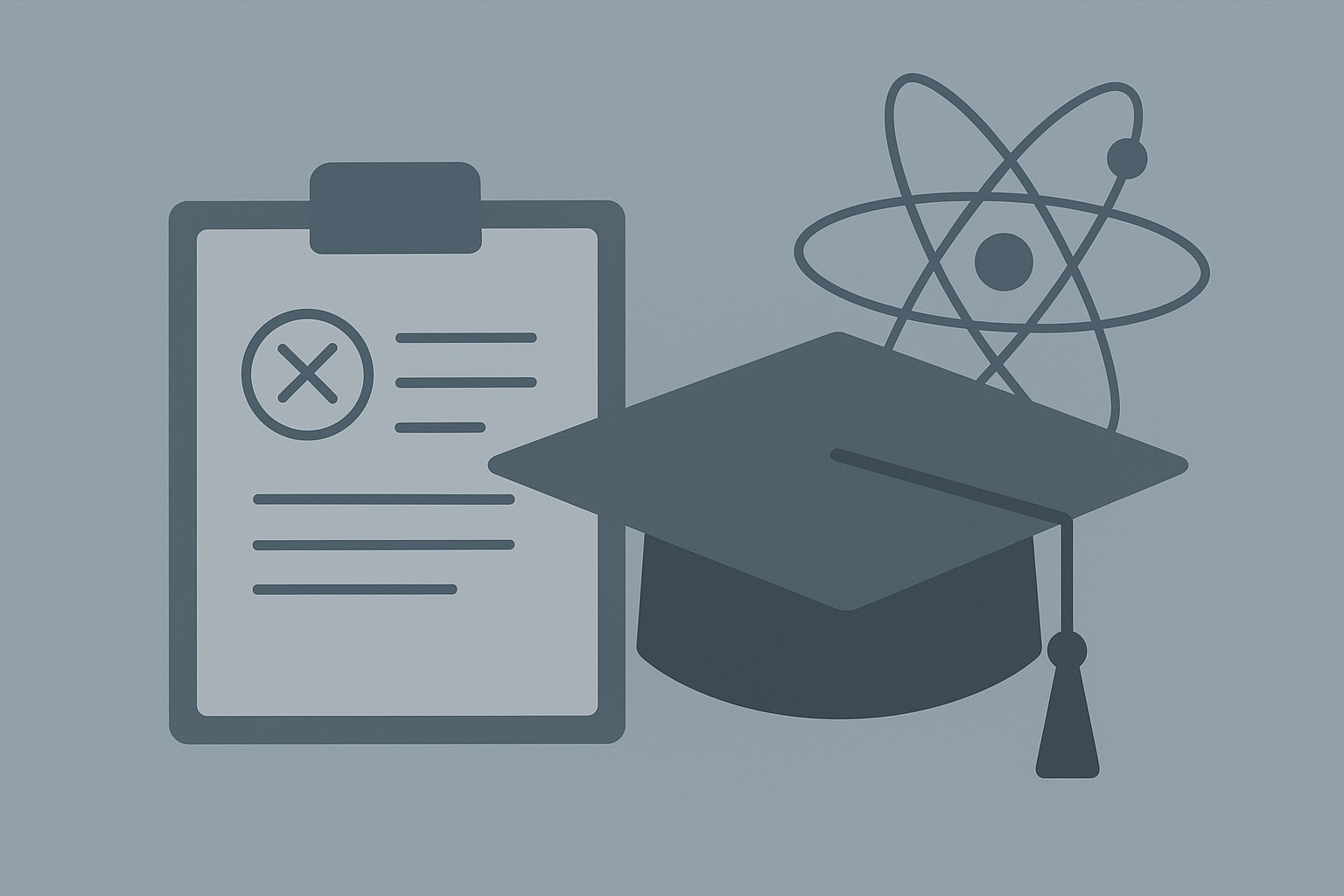Many New Zealand parents only start thinking about university majors when their children reach Year 13. In reality, every subject choice in high school influences future pathways — and can even determine whether a student is eligible for their preferred university program.
📘 Years 9–10: Building the Foundation — Don’t Underestimate Any Subject
These two years mostly follow a standard curriculum, but they already prepare students for later specialization. English, Mathematics, Science, and Social Studies form the core subjects, and some schools also require a second language.
Parental advice:
- Balance arts and sciences; don’t neglect English just because your child is good at math.
- Don’t drop languages or social sciences too early — they’re valuable for future studies in law, business, and psychology.
- If the school allows science electives, encourage your child to explore all three sciences to discover their strengths.
🧪 Year 11: A Critical Year — Determines Access to Medicine, Engineering, Law
This is the first year students formally choose subjects. Whether they take IGCSE or NCEA Level 1, their subject combinations will directly impact the university programs they can apply for later.
🧮 Year 12: Direction Becomes Clear — Grades Matter
Cambridge students begin AS courses, while NCEA students move to Level 2. At this stage, subject choices should remain consistent with previous years’ selections.
Parental focus:
- Ensure chosen subjects meet prerequisite requirements for targeted university programs.
- Check whether math and science grades are strong enough to support more advanced courses.
- Start preparing for scholarship exams or international application materials if relevant.
🎓 Year 13: Final Push — Subject Combinations Must Align
University applications consider not only grades but also the subjects taken. Common combinations include:
- Medicine: Chemistry + Biology + Mathematics
- Engineering: Physics + Mathematics + Chemistry
- Commerce/Economics: Mathematics + Economics + English
- Law/Humanities: English + History + Geography (or a language)
- Psychology: Biology + Mathematics + English (plus another social science if possible)
Note: Some universities explicitly state that lacking certain subjects will result in automatic rejection.
✅ Practical Tips for Parents
- The earlier you plan, the more control you have. Even Year 9 performance impacts later subject choices and foundational skills.
- Avoid narrowing subject breadth too early; if your child’s interests are uncertain, keep core subjects broad for flexibility later.
- Don’t focus only on math and science — strong English and writing skills are equally important to avoid imbalances that limit university options.

